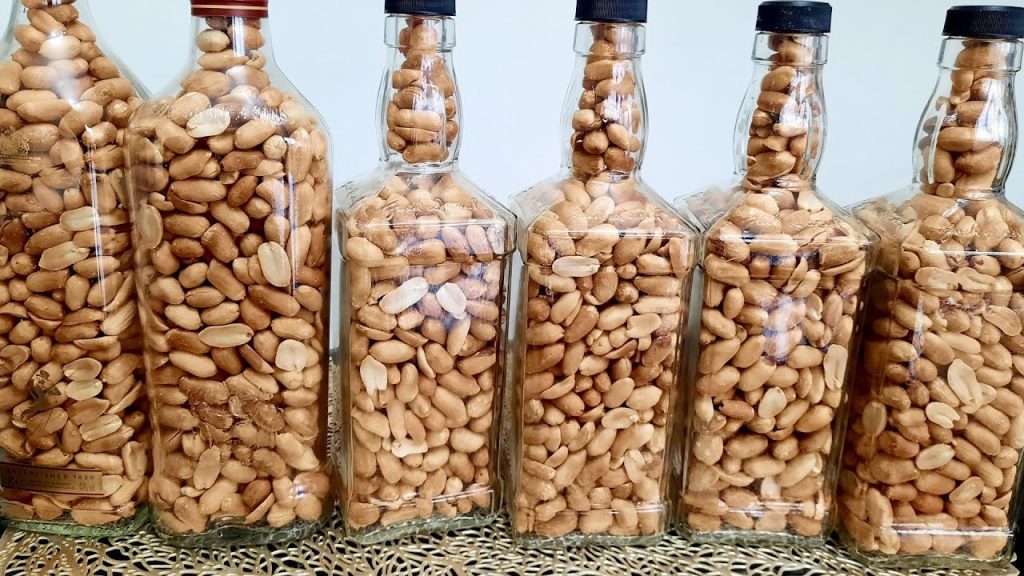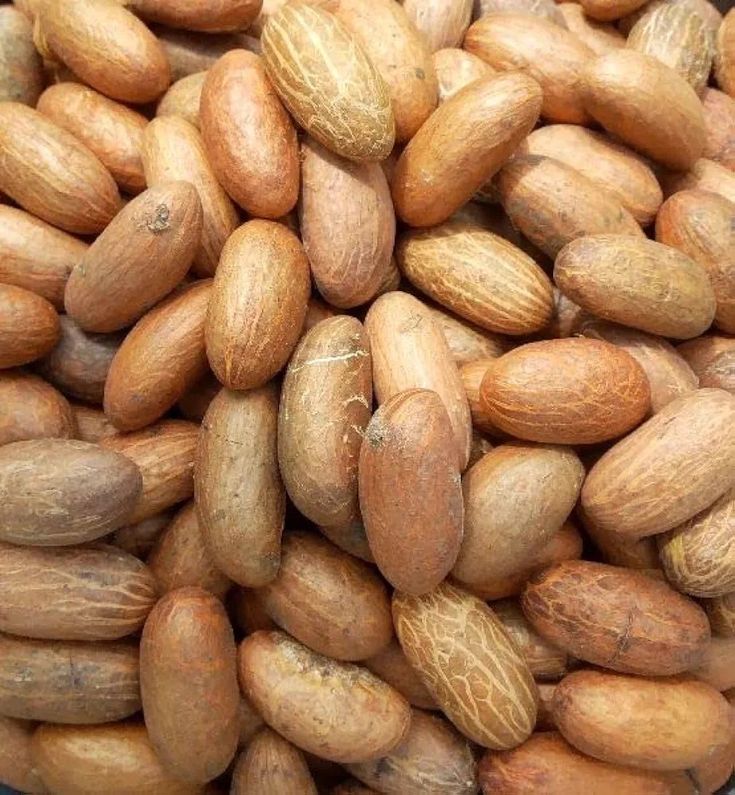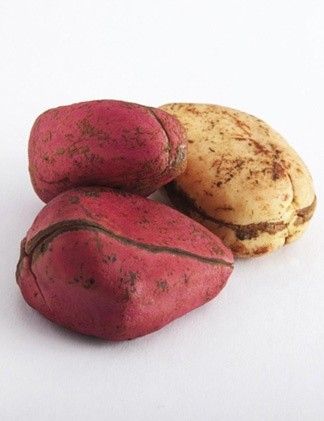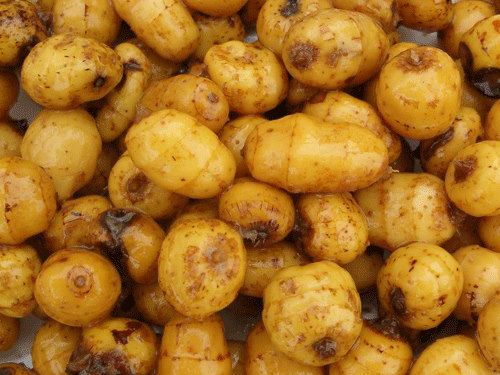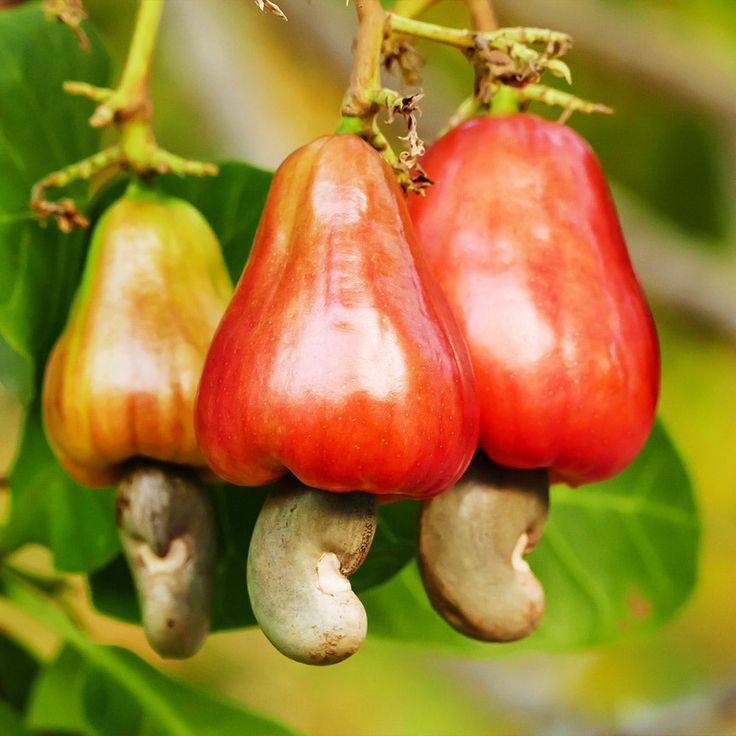What It Is
Roasted Groundnut, also known as roasted peanut, is a processed snack made from raw groundnuts that are cleaned, roasted, and sometimes salted or spiced. Groundnut (Arachis hypogaea) is one of the most widely cultivated legumes globally, and roasting enhances its flavor, crunchiness, and shelf life. It is consumed directly as a snack, used as an ingredient in confectioneries, or ground into pastes and spreads.
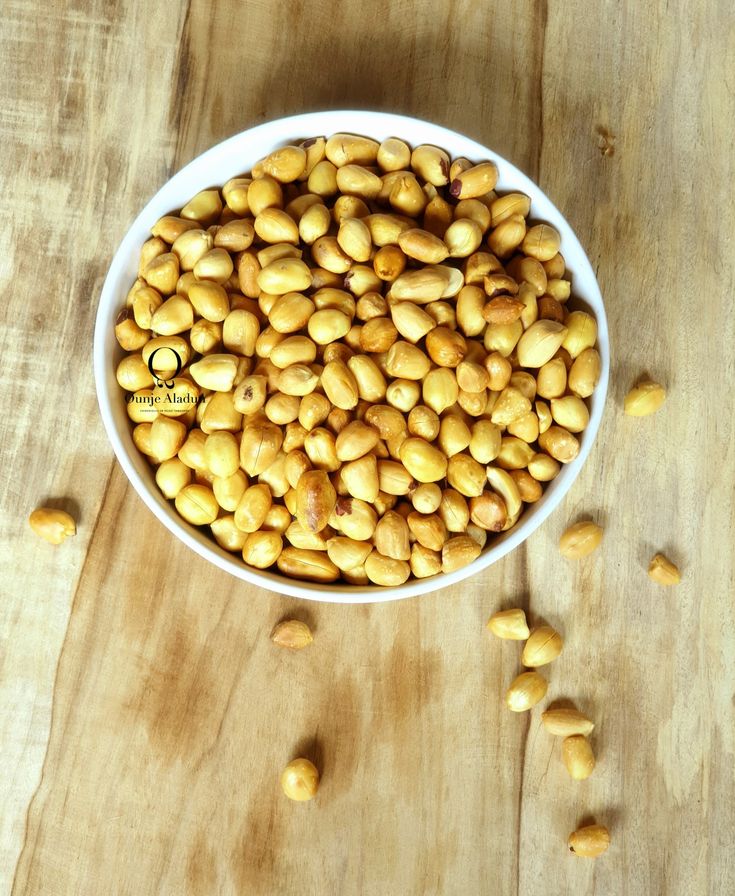
Nutritional Value
Roasted groundnut is highly nutritious, providing:
-
Proteins (25–30%)
-
Healthy fats (monounsaturated and polyunsaturated)
-
Dietary fiber
-
Vitamins (E, B-complex)
-
Minerals (magnesium, phosphorus, potassium, zinc, iron)
-
Antioxidants like resveratrol
This makes it a healthy snack alternative with numerous health benefits, including heart health and improved energy levels.
Uses
-
Direct Consumption – eaten as a snack (salted, spiced, or plain).
-
Food Processing – used in making groundnut butter, protein bars, confectioneries, and cookies.
-
Oil Extraction – though less common after roasting, groundnuts still contain oil.
-
Animal Feed By-products – groundnut shells and skins are used in livestock feed.
-
Nutritional Supplements – incorporated into diet plans for weight management and protein intake.
Forms for Export
Roasted groundnut is exported in different processed forms:
-
Whole roasted (unshelled or shelled)
-
Salted roasted groundnuts
-
Spiced/flavored roasted groundnuts (pepper, honey-coated, chocolate-coated, etc.)
-
Vacuum-packed roasted groundnuts for longer shelf life
Packaging for Export
Packaging plays a critical role in preserving quality and freshness. Common export packaging includes:
-
Transparent/foil pouches (100g – 1kg)
-
Plastic jars or bottles (airtight)
-
Vacuum-sealed bags for bulk exports
-
Cartons (10kg – 25kg) for wholesale shipments
Key packaging requirements:
-
Airtight and moisture-proof
-
Food-grade and contamination-free materials
-
Labeled with product name, weight, nutritional facts, expiration date, storage conditions, and country of origin
Export Specifications
-
Moisture content: ≤ 2%
-
Aflatoxin level: ≤ 20 ppb (as per EU/US FDA standards)
-
Admixture: ≤ 1%
-
Foreign matter: Nil
-
Broken kernels: ≤ 5%
-
Shelf life: 6–12 months (depending on packaging)
Major Export Destinations
-
Europe: UK, Germany, Netherlands, France
-
North America: USA, Canada
-
Middle East: UAE, Saudi Arabia, Qatar
-
Asia: India, China, Malaysia
-
Africa: Regional trade within ECOWAS
Export HS Code
-
HS Code: 200811 – Groundnuts (peanuts), prepared or preserved, including roasted
Market Demand
-
Increasing global demand for healthy snacks.
-
The organic and flavored roasted groundnut market is expanding in Europe and North America.
-
Demand peaks during festive seasons and in countries with high nut consumption.
-
Growing use in vegan diets and plant-based protein snacks.
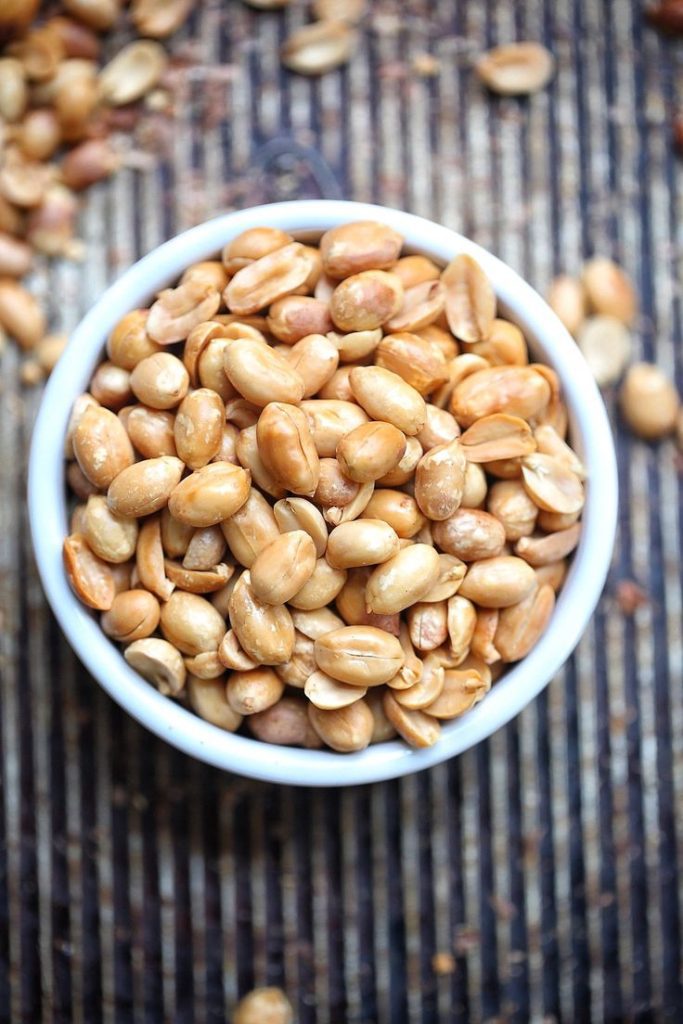
Export Procedure
-
Source high-quality groundnuts free from aflatoxin.
-
Roast under hygienic, food-grade conditions.
-
Package using vacuum-sealed, moisture-proof packaging.
-
Obtain NAFDAC, SON, and international food safety certifications (ISO, HACCP).
-
Secure export license and register with NEPC (Nigeria Export Promotion Council).
-
Identify buyers (importers, distributors, supermarkets, online platforms).
-
Ship under controlled temperature and humidity conditions to preserve freshness.
Summary: Roasted groundnut is a high-demand Nigerian export commodity with multiple uses in the global food industry. With proper processing, packaging, and compliance with international standards, it can fetch premium prices in the export market.

